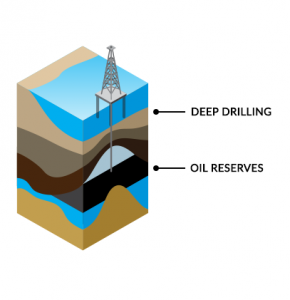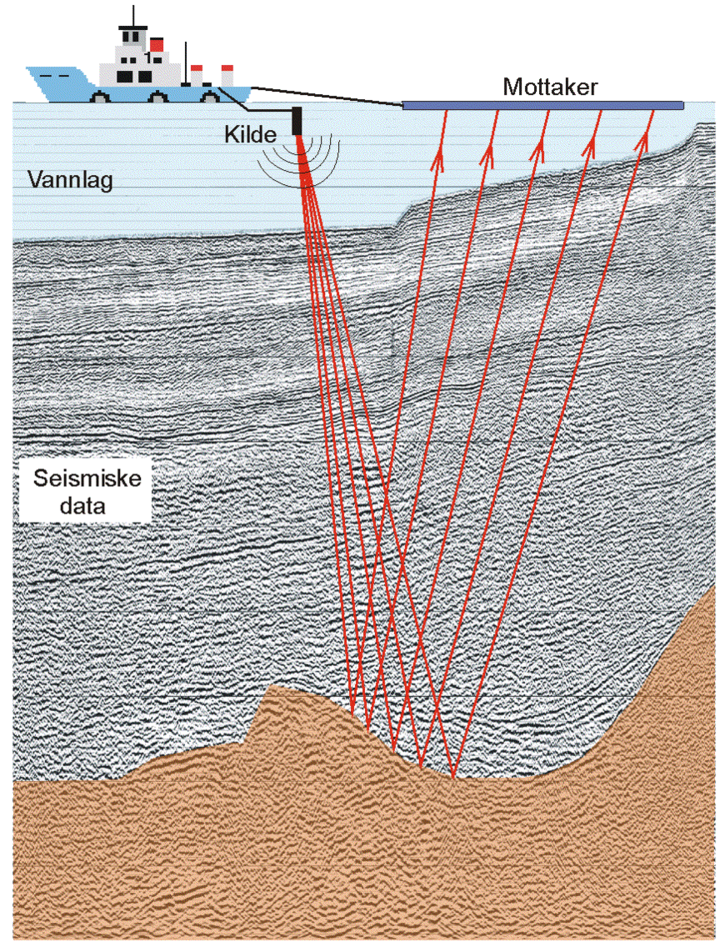All Categories
Featured
Table of Contents
Geophysicist Education in Warnbro Australia 2020
This work is progressively contracted out, so consultancies provide another source of employment. Consultancy companies vary in size, from really little business to large multinationals. Some consultancies are quite specialised in using particular geophysical methods or working in specific places, while others offer a more diverse variety of services to their customers.
The extraction of gas from landfill websites is another area of employment and this might grow in the future. Expedition companies may undertake work for building and construction companies, public utility, mining business and environmental firms, so geophysicists may be employed in any of these settings. Other employers consist of: geological surveysgovernment bodies and agenciesuniversities and research study institutes.


Jobs might be noted in the oil and gas sector press. Recruitment is impacted by oil price changes and the level of competition for positions differs depending on this. Professions Days, which cover the full variety of geoscience professions and are typically attended by a variety of crucial industry employers, are run by The Geological Society.
Airborne Geophysical Measurements in Rivervale Oz 2023
A few of the large oil and gas business provide a full two-year structured training programme across the breadth of geophysics, consisting of the opportunity to experience operate in different teams before specialising in one area. Your training might consist of deal with: existing wellsmagnetic and gravitational prospective field information analysisresearchrock analysis. It's more typical for your initial training to be offered on the job.
There may be a probationary period during which you work along with a skilled colleague. Competency-based appraisals occur routinely in the majority of firms. In smaller sized firms, and for academic posts, there is not likely to be any formal training - you'll be anticipated to start work straightaway and get abilities as you go along.
If you work for a smaller sized business, you might find that you need to take duty for setting up and funding your own development and training. If you have a geology degree, subscription of The Geological Society can be helpful for networking and for keeping up to date with the industry.
Geophysical Survey Permit Program in Hillarys Western Australia 2020
You might also discover it beneficial to sign up with the PESGB (The Petroleum Exploration Society of Great Britain, which has a geophysics special interest group. After a probationary period, and as soon as you've acquired some experience, you could progress to senior geophysicist, then team leader and after that into a senior function in management.
The ease of motion in between functions depends upon the business structure. Study at Masters or Ph, D level in a subject related to geophysics or geosciences may assist with your profession advancement and development. The work market within the oil and gas industry is very depending on rate and this might affect your chances for career development.
For knowledgeable geophysicists, freelance consultancy uses a great path for profession development. As a geophysicist, you're likely to have a number of jobs throughout your working life.
Geophysical Surveys For Planning & More in Mindarie WA 2022
From geophysics, it's possible to focus on seismology (finishing more training to end up being a seismic interpreter) or to move into related locations such as engineering geology or danger prediction.
Choosing what to study in college is a difficult option. Even if you know that your field of interest depends on science, what program of research study is ideal for you? If you make the choice to major in physical and biological sciences and pursue a profession as a geophysicist, you're preparing for an amazing and lucrative occupation.
The first action to achieving your objective of becoming a geophysicist is earning a degree. Even for entry-level positions in the field of geoscience, you'll require a bachelor's degree (a geophysicist college degree) from a recognized college or university. Some research study positions require prospects to hold master's degrees or perhaps Ph.
Geophysicist Bob Embley: Ocean Exploration Careers in Maddington WA 2022
Postgraduate degree are especially important if you plan to teach at a four-year organization. Geophysicists use physics principles and methods to study the gravitational, magnetic, and electrical fields of the earth. This enhances researchers' understanding of both the world's interior core and its surface. Geophysicists should be able to: evaluate rocks, pictures, and other pieces of information conduct research both in the field and in labs produce maps and charts of their findings compose reports To accomplish all this, students require a specialized education for geophysicist careers.
As mentioned above, you'll require a bachelor's degree in geoscience or a related discipline, such as a physical science or a life sciences, to land an entry-level task. But trainees can likewise prepare by majoring in topics like: Biology Chemistry Computer technology Engineering Mathematics Physics The above geophysicist majors provide a more generalized method to a single scientific discipline, however a lot of programs need trainees to take one or more geology course.
Table of Contents
Latest Posts
Geophysics, Engineering Geophysics And Applied ... in Carmel Western Australia 2023
Airborne Geophysical Surveys Of The Lower Mississippi ... in Balcatta Oz 2022
Working As A Geophysicist And Oceanographer In Canada in Cannington Australia 2023
More
Latest Posts
Geophysics, Engineering Geophysics And Applied ... in Carmel Western Australia 2023
Airborne Geophysical Surveys Of The Lower Mississippi ... in Balcatta Oz 2022
Working As A Geophysicist And Oceanographer In Canada in Cannington Australia 2023